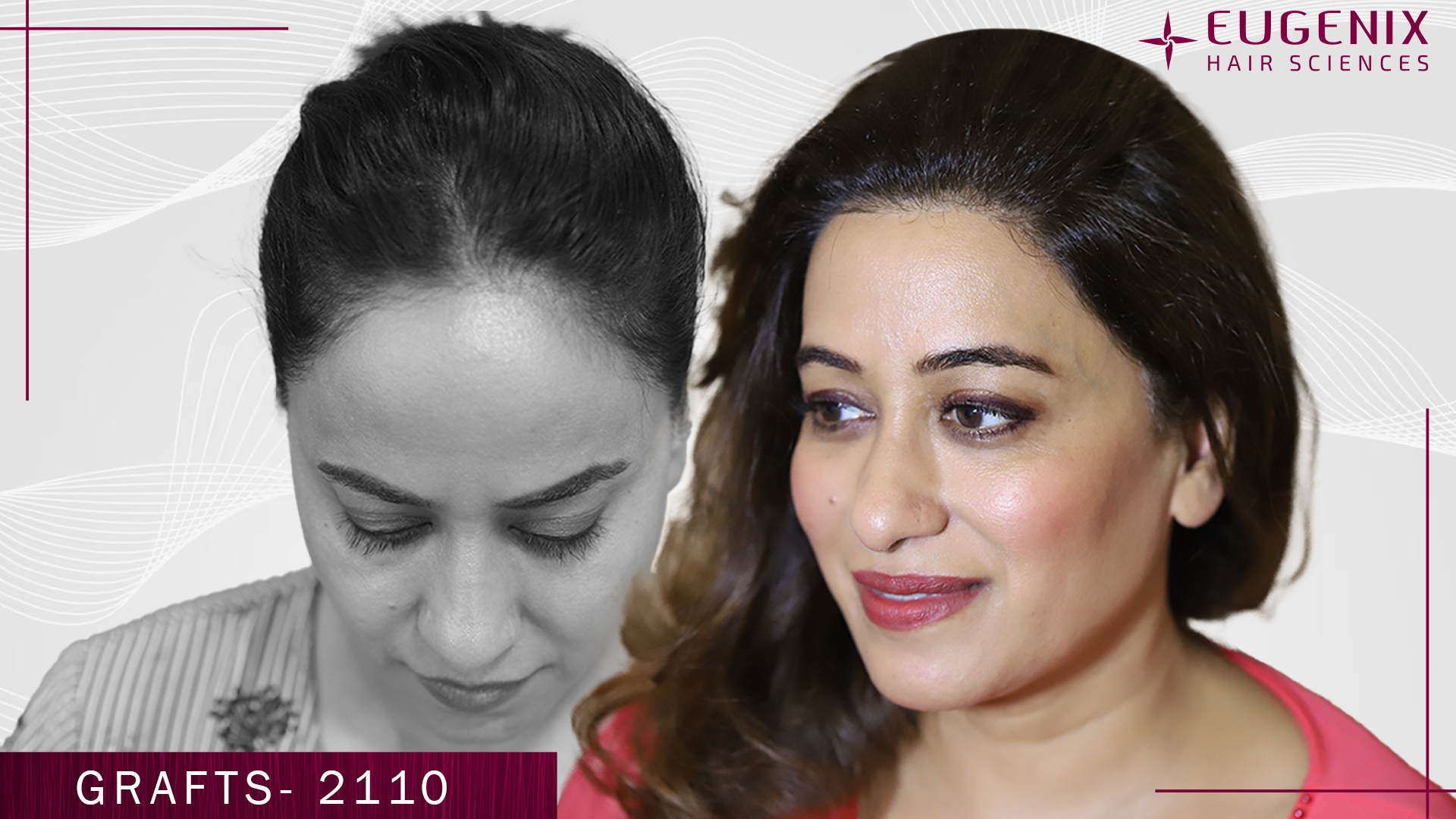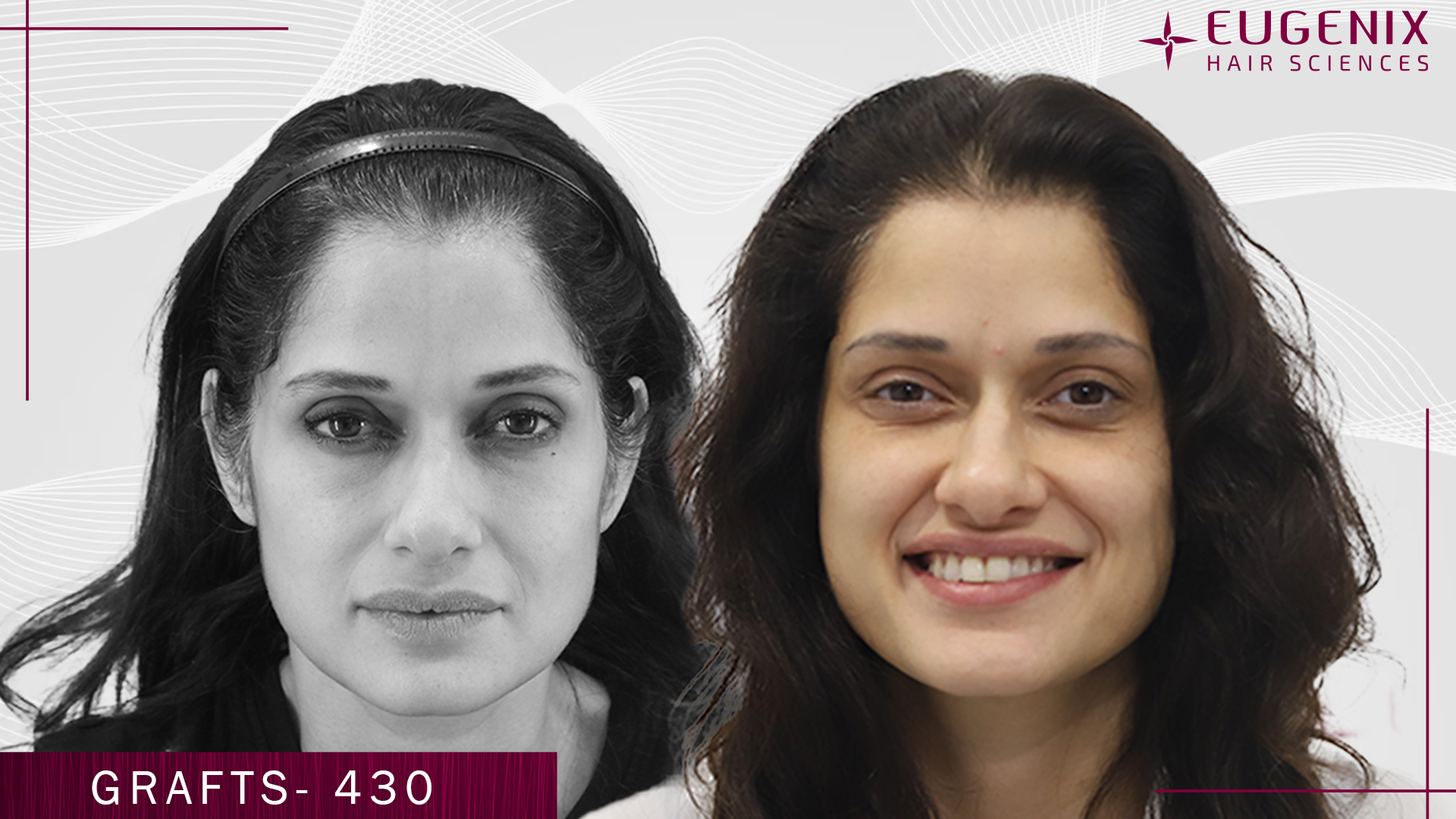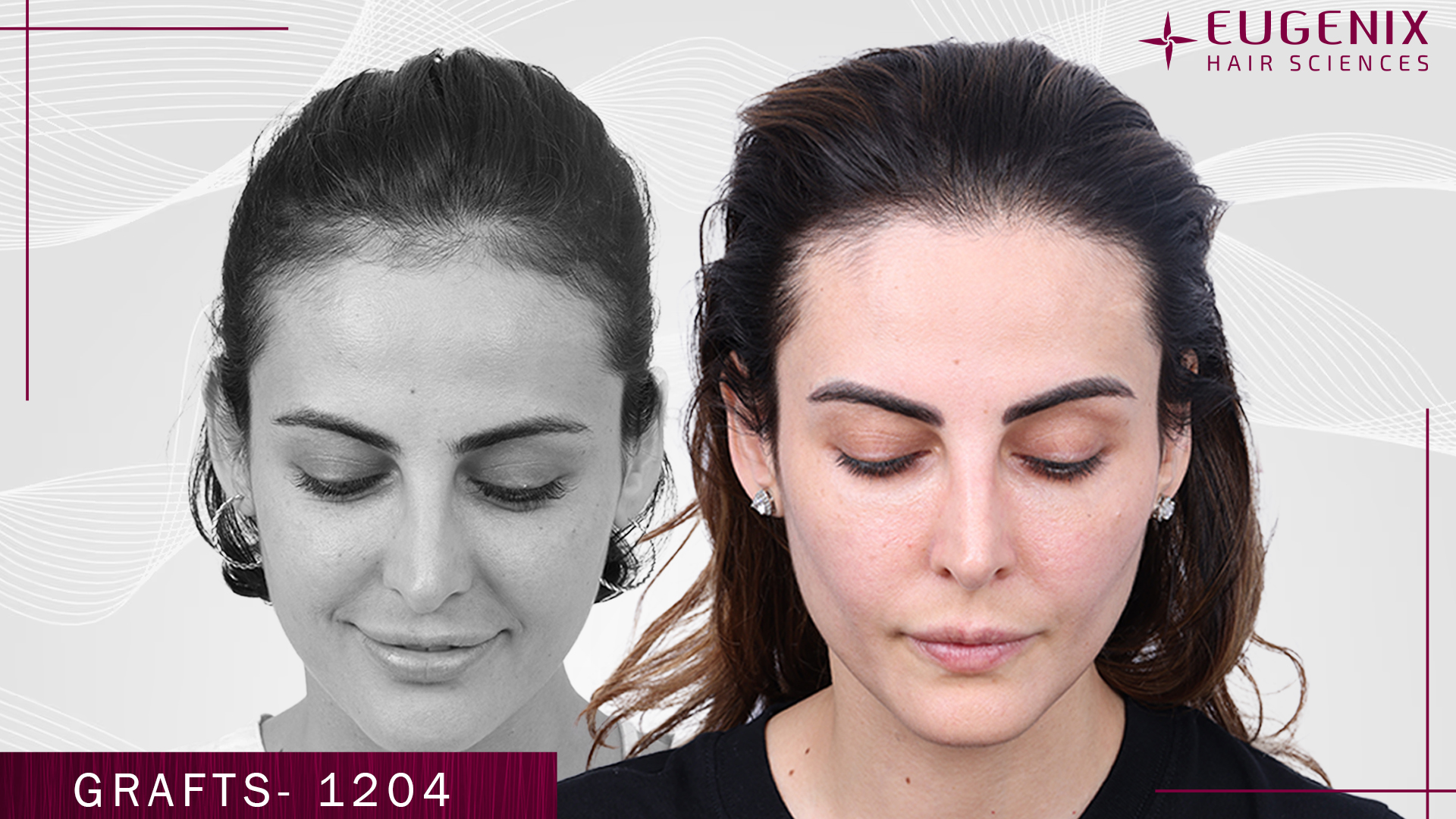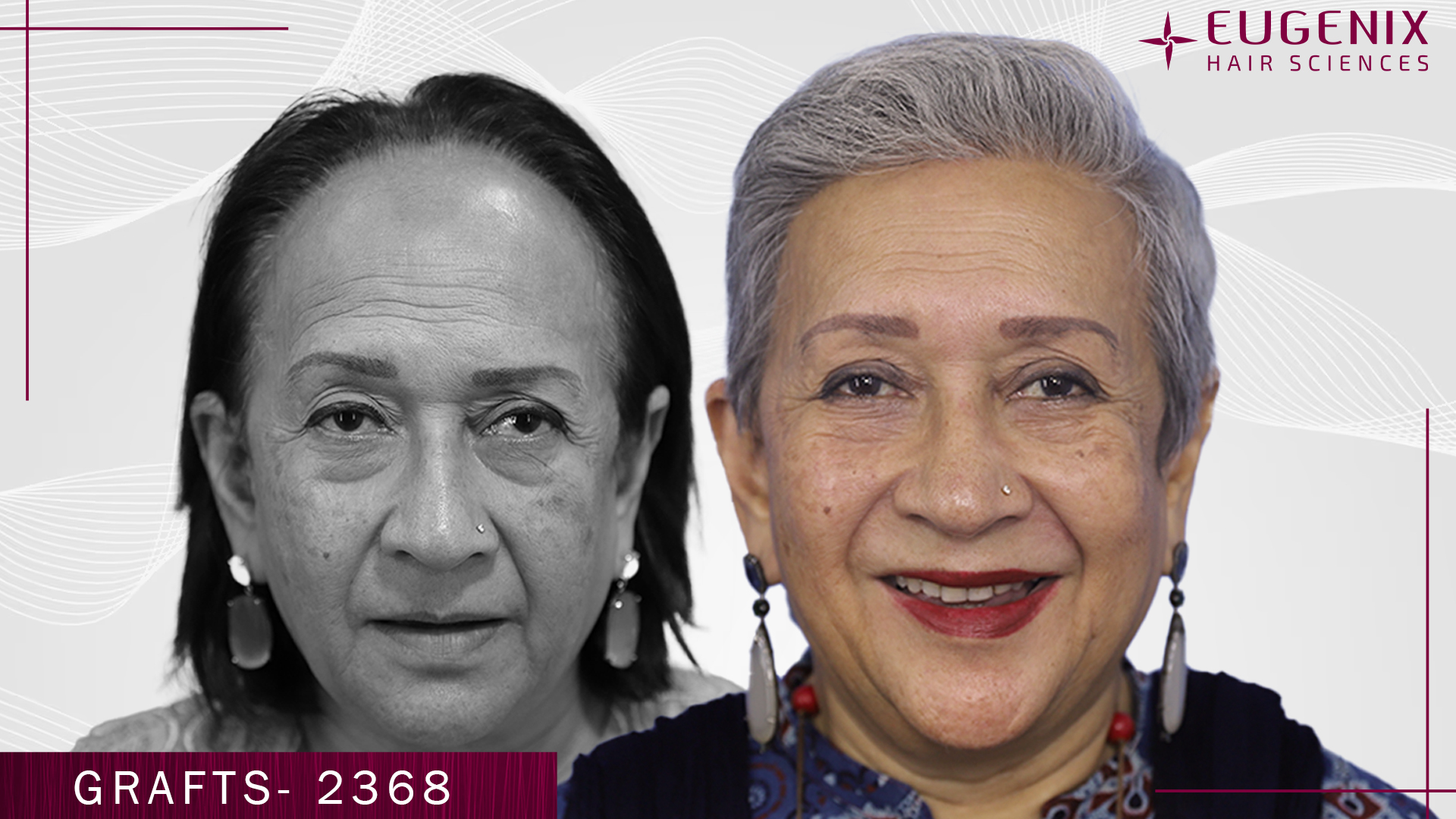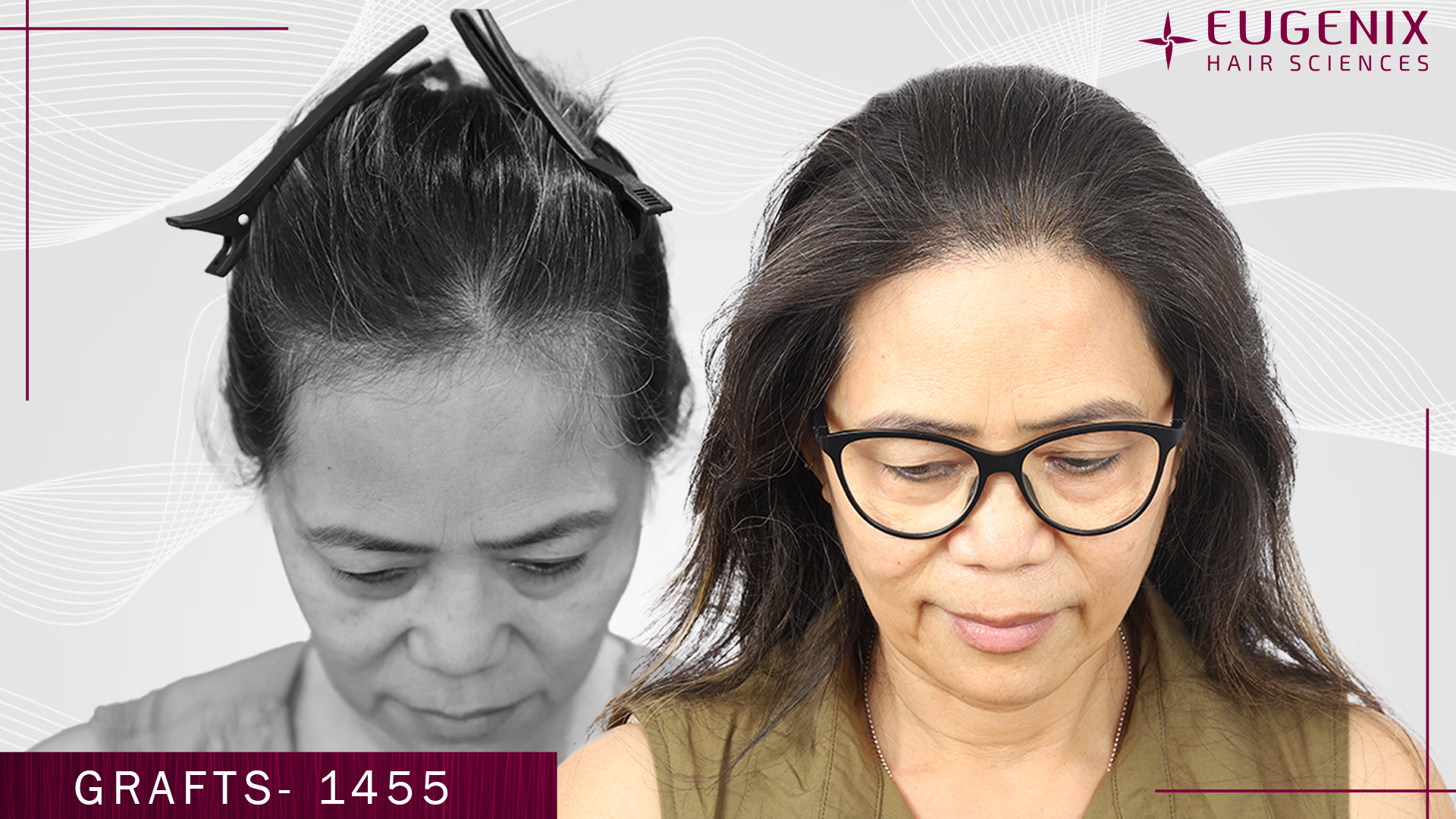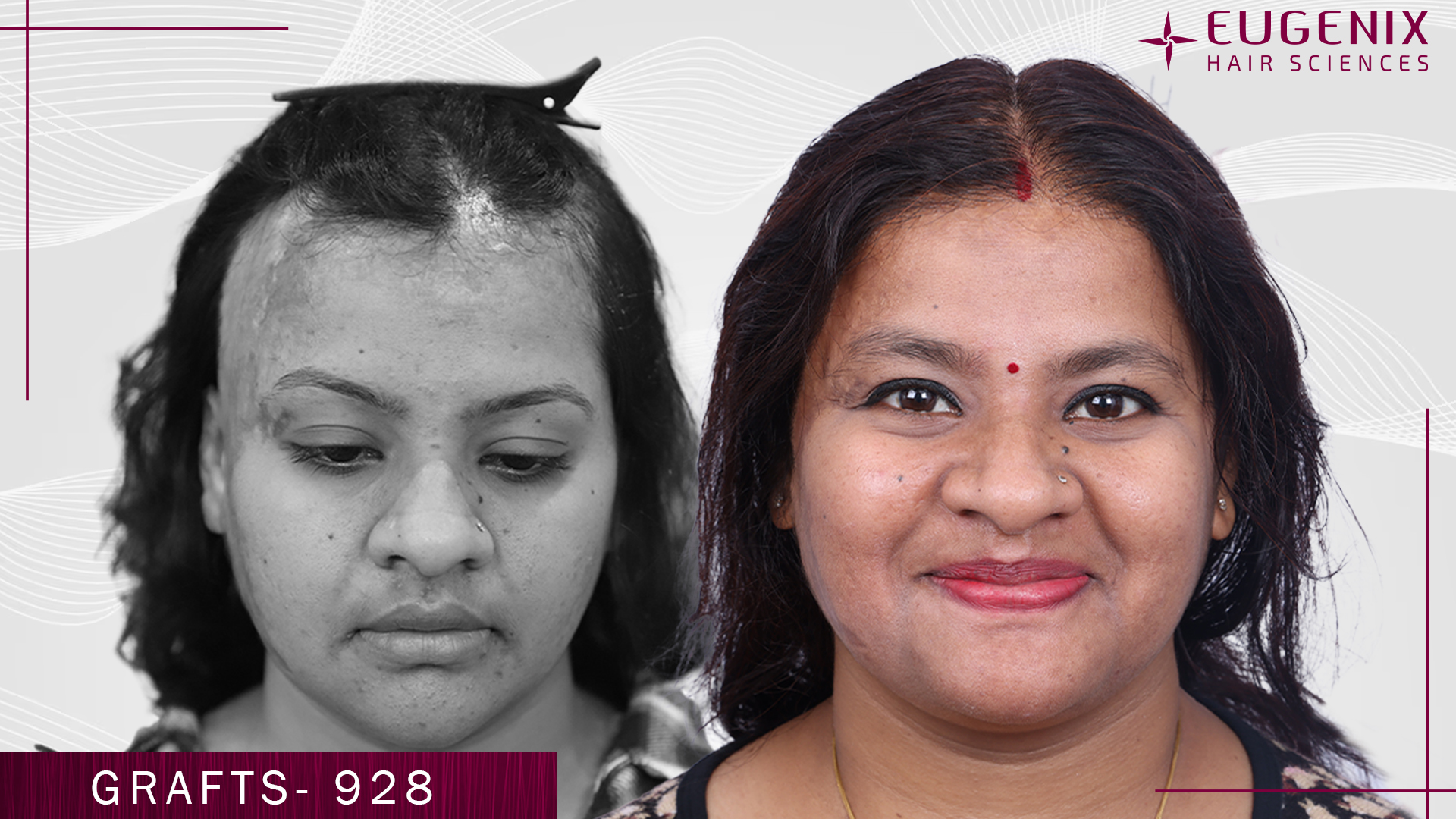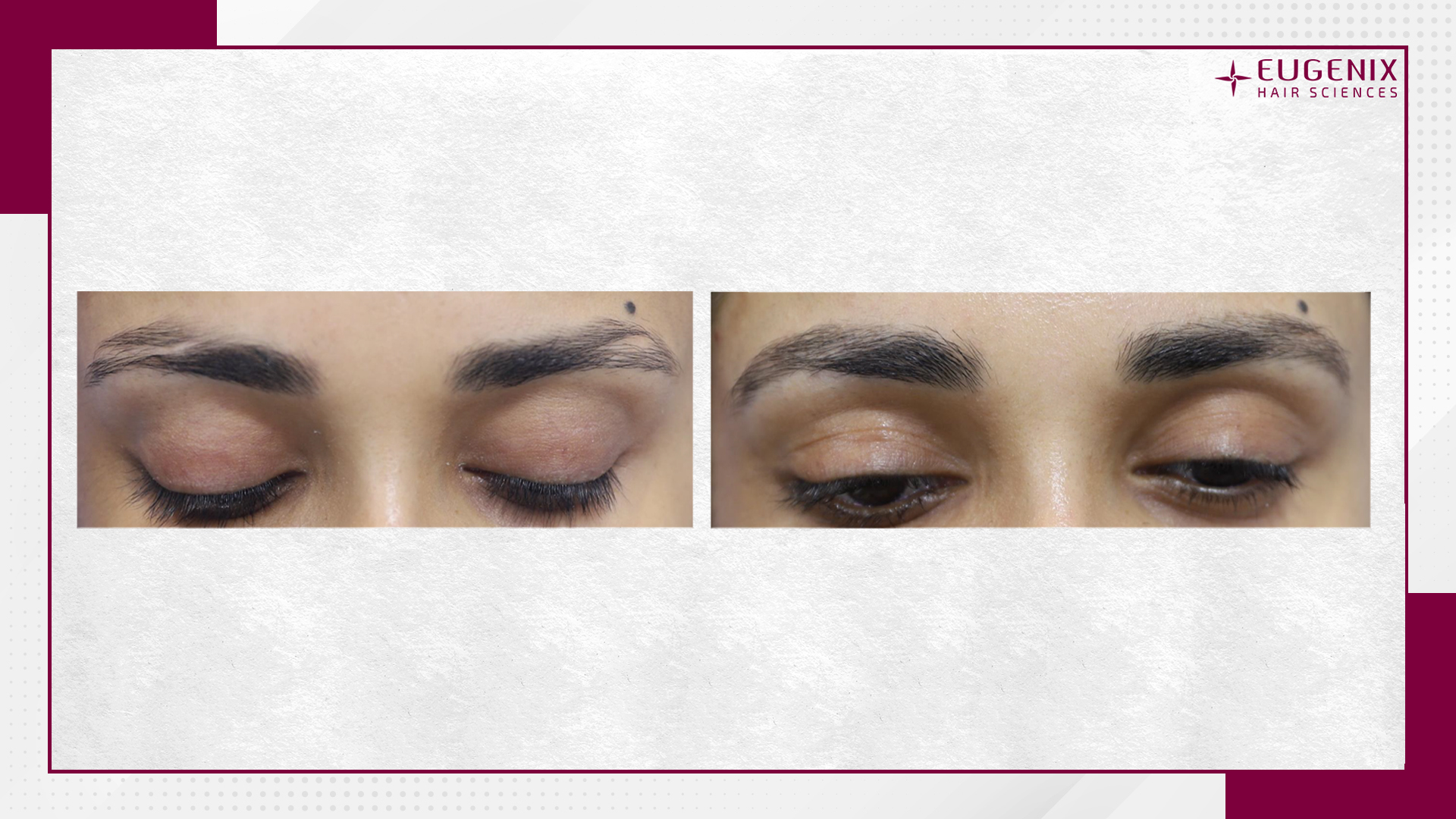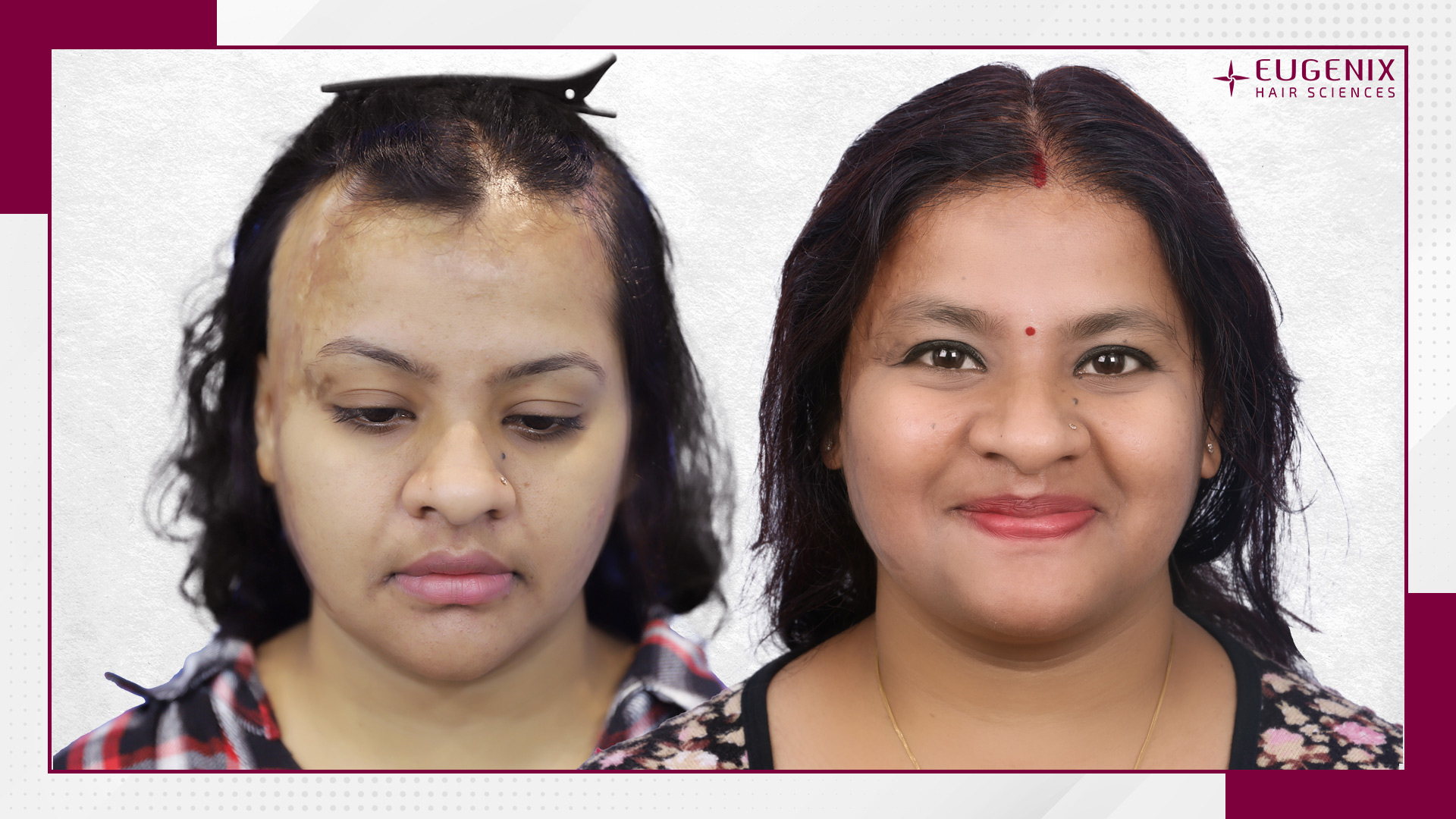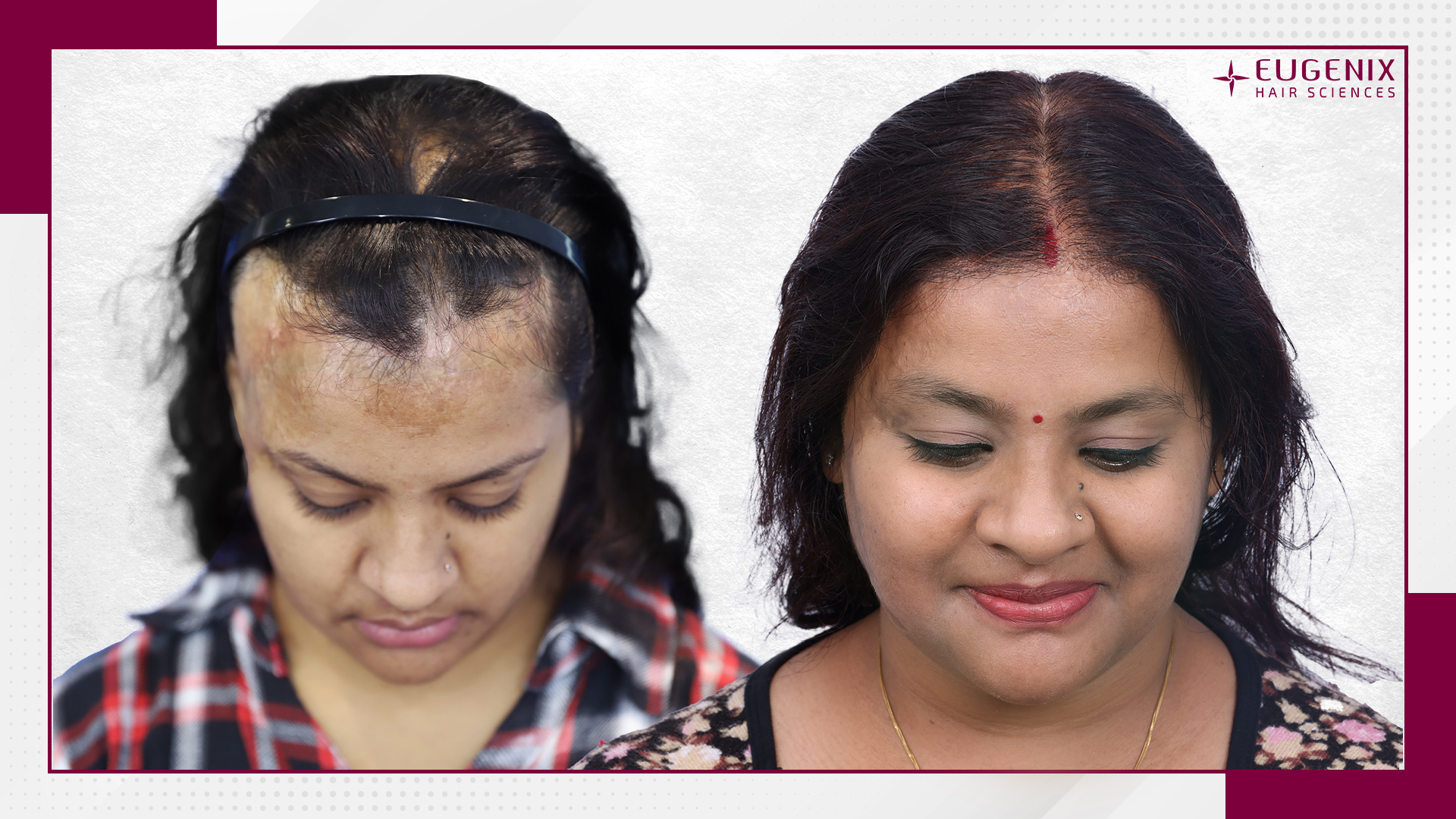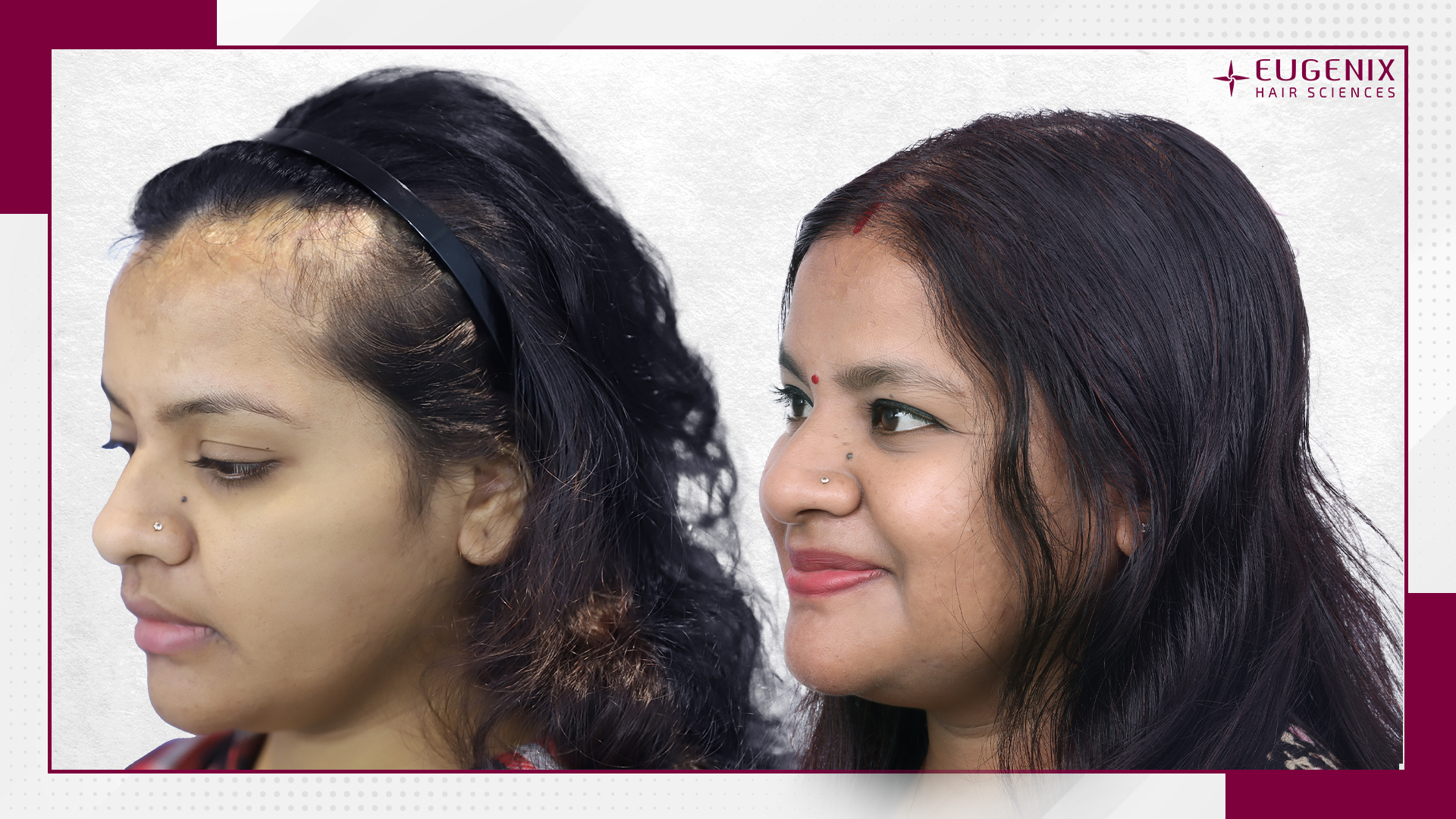Say goodbye to baldness and find a more confident, rejuvenated version of yourself. Our advanced techniques and experienced team have transformed the lives of over thousands of females.
A hair transplant represents a pivotal decision for those seeking to rejuvenate their hair and boost confidence. This surgical process demands meticulous planning and consideration. The cornerstone of a successful and secure hair transplant is a comprehensive consultation with a seasoned surgeon. Here’s an outline of the key elements that shed light on the importance of exhaustive & expert consultation with experienced surgeons before a hair transplant for women.
Understanding Individual Needs and Expectations: In an all-encompassing consultation, the surgeon takes the opportunity to grasp the individual’s specific requirements and anticipations. Since every patient is distinctive, and their desired results may differ, a frank dialogue allows the surgeon to gauge the patient’s objectives and ascertain whether a hair transplant is the right remedy. Comprehending the patient’s expectations facilitates the establishment of attainable goals and promises a more gratifying result.
Assessing Hair Loss Condition: The consultation process must include an exhaustive examination of the patient’s hair loss state. Here, the surgeon scrutinises the scalp, hair thickness, and hair loss pattern to gauge the severity of the issue. This evaluation enables the surgeon to craft a bespoke treatment strategy tailored to the patient’s unique situation, whilst advising on the most fitting hair transplant method and the required number of grafts.
Exploring Hair Transplant Techniques: Various hair transplant methodologies exist, including Follicular Unit Extraction (FUE), Follicular Unit Transplantation (FUT), and Direct Hair Transplant (DHT). An exhaustive consultation allows the surgeon to elucidate these techniques, outlining their merits, drawbacks, and appropriateness for the patient’s particular circumstance.
Assessing Donor Area: The donor area, usually situated at the rear or sides of the head, is the source for harvesting healthy hair follicles for hair transplantation. During this consultation, the surgeon assesses the quality and accessibility of the donor region, an appraisal that informs the feasibility of the transplant and the potential number of extractable grafts.
Addressing Medical History and Risk Factors: The comprehensive consultation also encompasses a discussion of the patient’s medical background and any possible risks that might affect the transplant. Knowledge of any underlying health issues, allergies, or current medications is vital, guiding the surgeon in decisions related to anaesthesia, medicinal choices, and surgical procedures, thus diminishing the likelihood of complications.
Educating the Patient about the Procedure: A key component of the consultation is patient education. The surgeon elucidates the hair transplant in full, offering insights into the surgical procedure, anticipated duration, potential side effects, and recuperation timeline. This information equips the patient with the awareness necessary to arrive at an informed decision.
Discussing Potential Results and Limitations: The surgeon also takes time to converse about the achievable outcomes through a hair transplant during this consultation, ensuring that the patient has a grounded comprehension of the possibilities based on their particular situation and the inherent constraints of the procedure along with cost of hair transplant.
A comprehensive consultation with a hair transplant surgeon is instrumental in the hair transplant journey. By dedicating time to a thorough consultation, patients can make enlightened decisions, set realistic expectations, and embark on a safe and successful hair transplant procedure.

